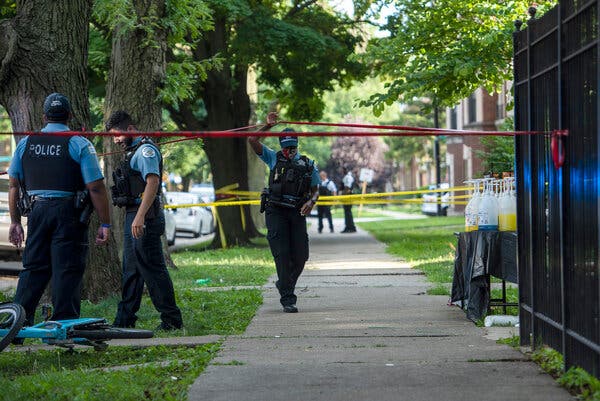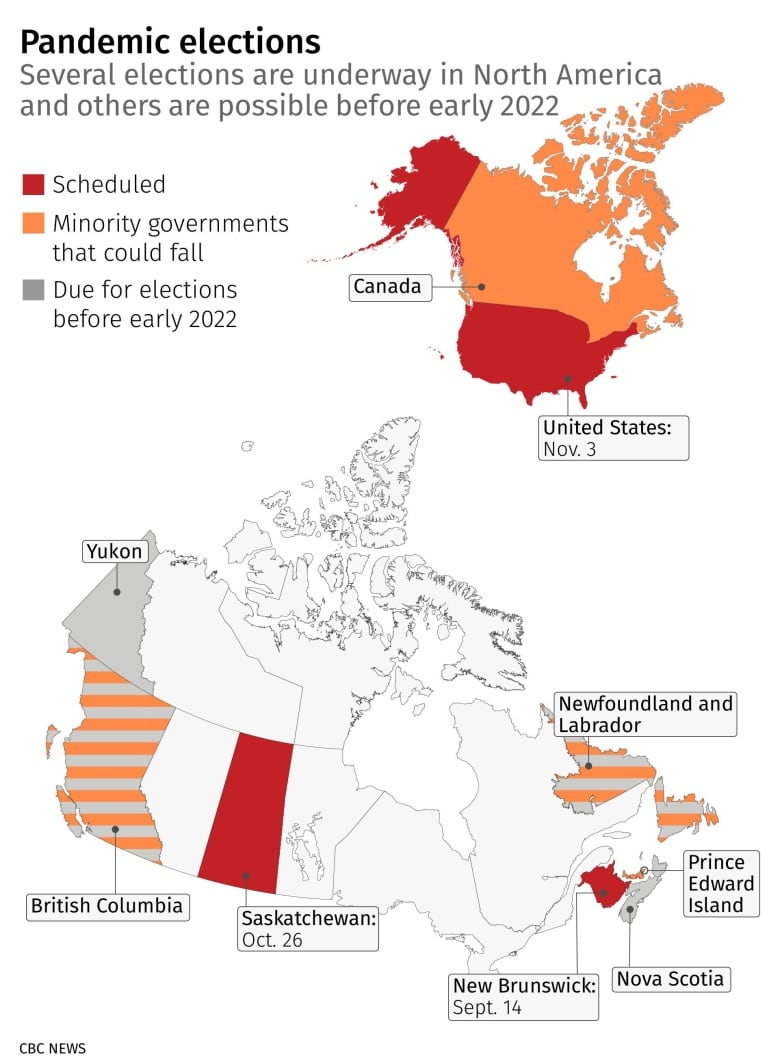By David Pendered
Hurricane damage repair costs have prompted North Carolina highway officials to announce layoffs of more than 500 road maintenance workers, and to predict delays in repairing storm-damaged roads in the future. Politics may have a role in a type of transportation battle Georgia hasn’t yet experienced.

All of Georgia’s coast is at risk of tropical-storm-force winds that could exceed 39 mph if Hurricane Dorian continues the track forecast Saturday morning by the National Hurricane Center. Credit: nhc.noaa.gov
The situation in North Carolina warrants attention for at least two reasons:
- Someone will have to pay for any roadway repair costs Georgia incurs as a result of impending Hurricane Dorian, forecast Saturday morning by the National Hurricane Center to arrive along Georgia’s coast Monday afternoon or evening;
- North Carolina’s summer-long standoff between Democratic Gov. Roy Cooper and the Republican-led General Assembly over Medicaid expansion and other spending issues, plus a new feud between Cooper and one of the state’s Republican U.S. senators regarding recovery funds for past hurricanes.
North Carolina does not have a budget for the fiscal year that started July 1. Republican lawmakers don’t have the votes to override the governor’s veto. The state can keep spending during the interim. Meantime, Cooper and the Legislature are enacting what they call mini budgets, including one approved Friday that provides a teacher pay raise.
NCDOT COO Bobby Lewis didn’t address the budget impasse in when he went before cameras in mid August to announce spending cuts that would defer road maintenance. The state has spent all but $9 million of the $309 million allocated for storm repair in the budget that ended June 30. The department is required by state law to keep about $300 million in a reserve fund.
“We certainly are seeing some trying times right now,” Lewis said in a video conference provided Friday by NCDOT.
“We’ve had to delay some contracts over the next year,” Lewis said. “We’ve had to go into our temporary and contract employees and lay those off in coming weeks. … As we’re doing reductions, some activities won’t be going forward. So those employees were notified.”
All areas of the state will be affected by the layoff of workers who help make repairs following natural disasters and handle other maintenance chores, Lewis said. Asked what impact this would have on repair times following a major storm, Lewis responded:
- “It could be that it takes a little longer to get roadways back to preexisting conditions.”

Jekyll Island suffered serious inundation during Hurricane Irma, which came ashore in September 2017. File/Credit: Center for a Sustainable Coast
Lewis said North Carolina has received 55 percent of expected reimbursements for Hurricane Matthew, which struck in 2016. The state has received 11 percent of reimbursements for damage caused by in 2018 by Hurricane Florence, Lewis said.
Politics swirl around the federal payments.
Lewis said two federal agencies are to reimburse North Carolina for storm-related road repairs – the Federal Highway Administration and FEMA. Lewis stopped short of criticizing the federal entities, observing:
“It’s a process,” Lewis said. “We will certainly look for help anyway we can from our federal partners.”
State Republicans issued an apparent response on Aug. 28.
Republican U.S. Sen. Thom Tillis and the state’s legislative leadership gathered to criticize Cooper’s administration for slow spending of hurricane relief funds already provided by the federal government. Tillis said in a statement:
- “Too many North Carolinians are hurting because of the state administration’s unacceptably slow pace of allocating federal Hurricane Matthew recovery resources to local communities. Long-term efforts to help North Carolinians rebuild and get their lives back on track cannot continue to be delayed as the result of inaction.”
Cooper responded with a statement issued by his communications director, Sadie Weiner, who refuted Tillis’ characterization and observed of Tillis:
- “Unfortunately, because Senator Tillis either doesn’t have much sway in Washington or because he cares more about his re-election campaign than doing his job, North Carolina doesn’t yet have one single penny of CDBG-DR federal housing money that’s specifically for Hurricane Florence survivors.”
The National Weather Service warned Saturday morning that tropical storm force winds from Hurricane Dorian could reach Georgia’s southern coast Monday afternoon and evening. Rainfall of 4 inches to 6 inches is forecast along the coast, with some areas receiving up to 12 inches, according to the forecast.

